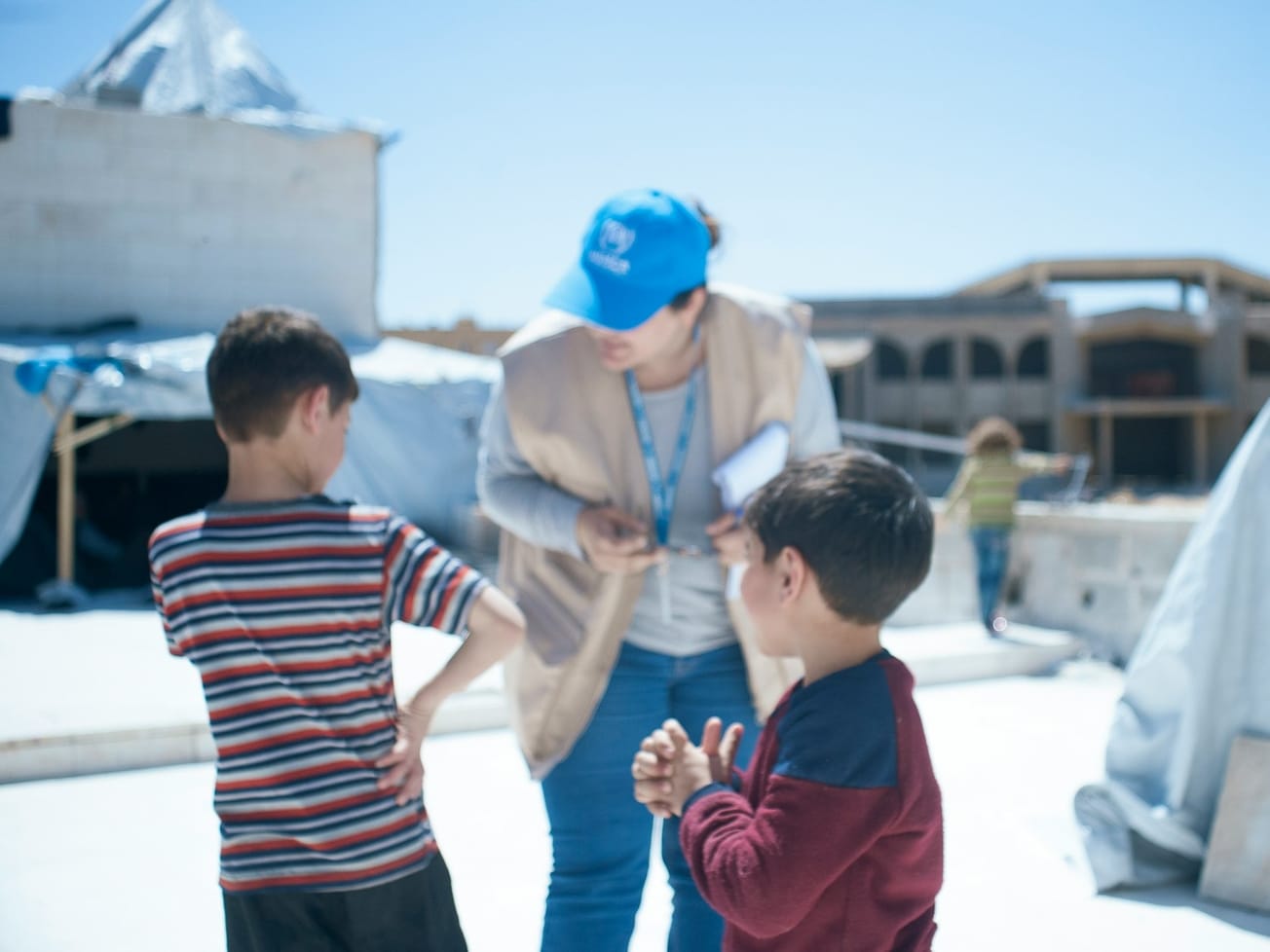Syria authorized the United Nations to use a key border crossing for humanitarian aid from Turkey on condition that all deliveries are coordinated with Damascus.
Syria’s U.N. Ambassador Bassam Sabbagh announced on Thursday that his government would grant permission for the U.N. and its agencies to deliver aid in rebel-held Syrian territory using the Bab al-Hawa border crossing from Turkey.








